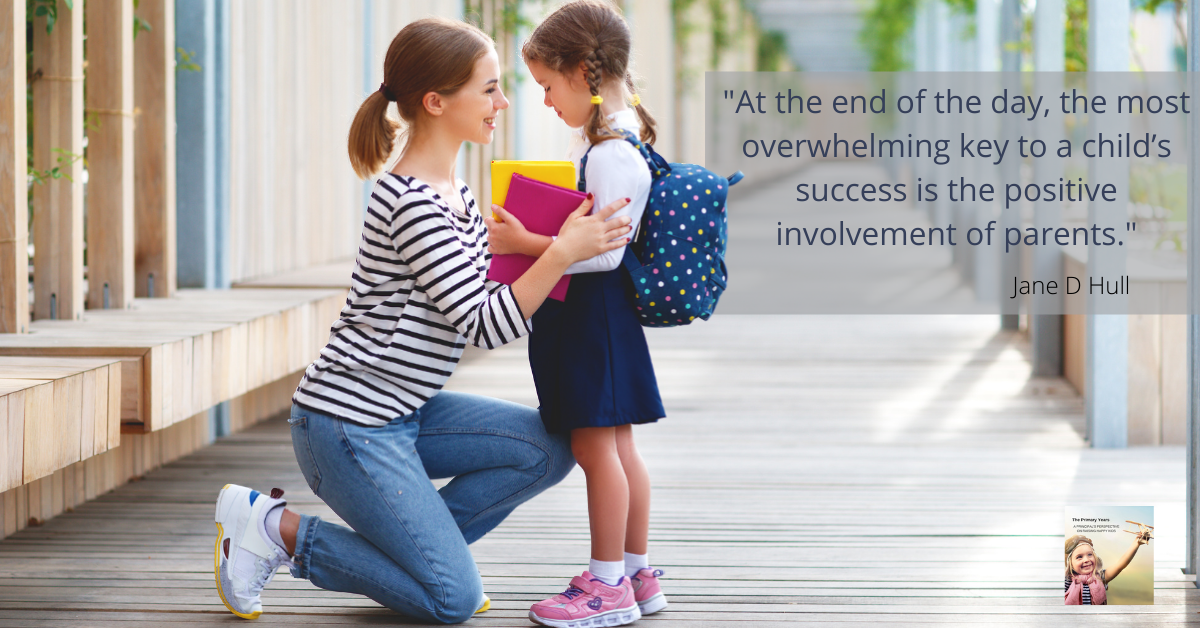Getting back to routine after lockdown
Tricky times requires creative thinking and for our children going back to school is a relief as well as creating some anxiety about yet again fitting in to school. There is no doubt the times are challenging and our children will look back on this period with some trepidation and for them, it is a new norm.
This article is a simple one. It is all about helping your child be comfortable and adjust to the “not so routine” of life and school. They are living with the ever-threatening idea of yet another lockdown and this must cause some trepidation as they attempt to go back to school and fit into the school plan.
Consider the following thoughts.
Be flexible. Everything is changing including the teacher’s expectations with the children. Accept that difference is part of the new norm.
The permanency for your child is the stability of the family. Your constant presence in their life is a powerful support for them in today’s climate. Try to ensure that routines, schedules etc. are in place again. This creates some safe reassurance for the child.
Check in with your child’s social life. Are they happily engaging with their friends or are they somewhat reticent to reignite friendships? Chat to your child’s teacher if this is a problem. Children can easily feel unsettled with friends after such intermittent breaks from school.
Ensure your child has a balanced amount of sleep and recreation across the week. They certainly need to set up a balance that will be consistent across the week and feel reassured that the routine will be part of their norm.
School holidays will soon be starting. Given the isolated, online work they have just had, start planning this time with your child. This should be a productive time and one that gives your child joy, physical opportunities, some adventure and quiet time.
Keep the conversation flowing with regard to all the progress being made with vaccines etc. Our children need to understand the times they are living through. Their understanding may carry with it some anxiety but it should be filled with accurate knowledge on the management of the virus. Of course, the information to be given must be age-appropriate.
Finally, children thrive on being happy and having a sense of hope and optimism in their world. For this to be achievable they rely on you, the parent. Keeping the focus for the future on a positive note is such an important part of the parent’s work in today’s climate where unpredictability thrives and their foundational years can be shaken. You are the rock upon which the foundation is built.
“It’s not simply the learning..
It’s the stability. Stability is essential in the lives of children.”



















